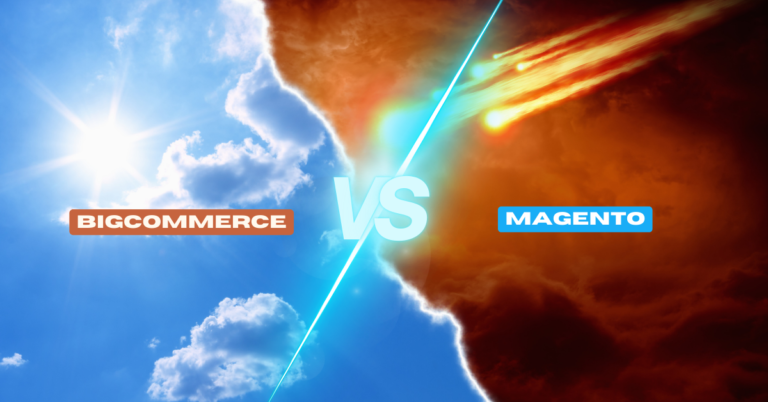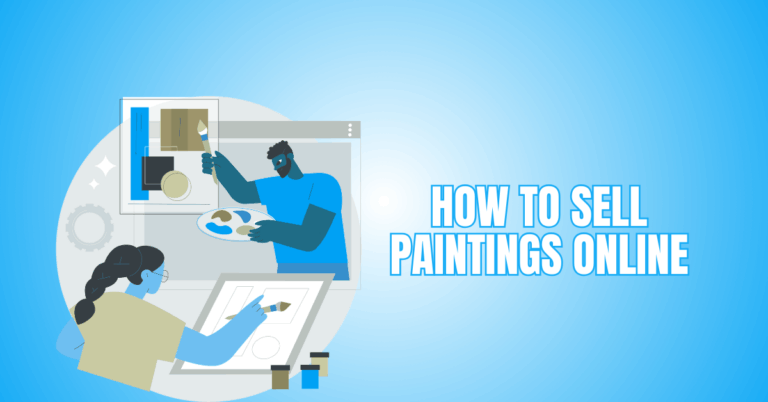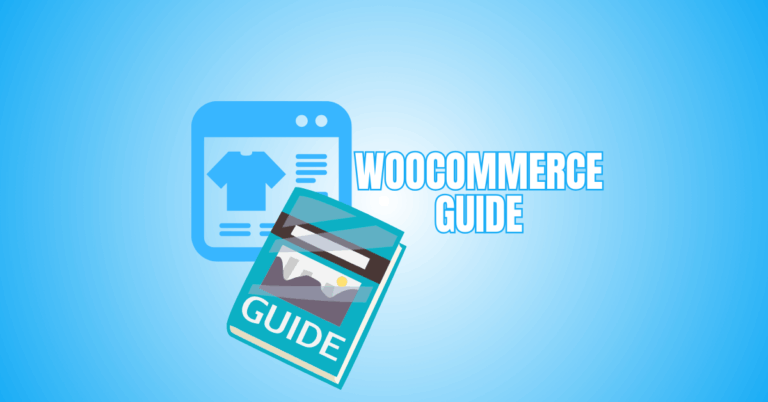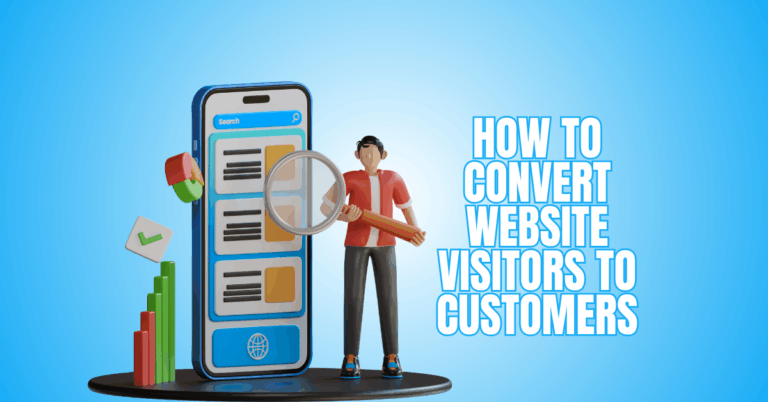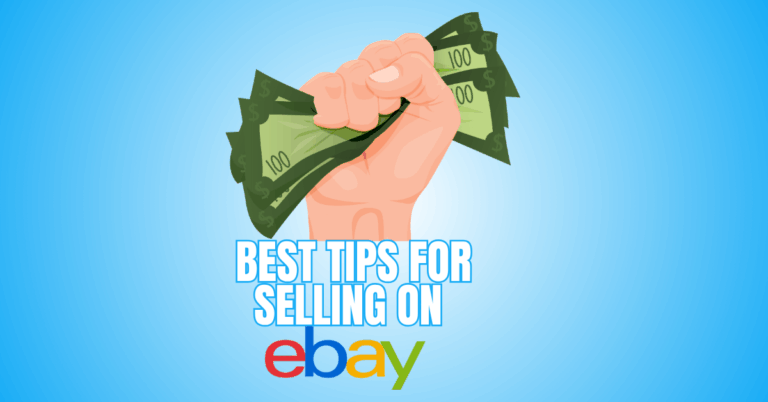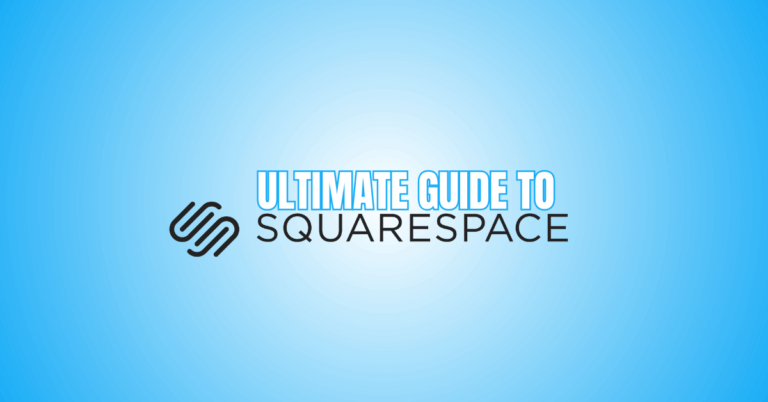ERP vs CRM Explained For Smart Growth
Selecting the right software can transform your company, yet executives often face challenges when deciding on ERP vs CRM.
While both systems provide robust solutions, they serve different purposes—ERP streamlines internal operations, whereas CRM focuses on enhancing customer relationships.
In this guide, we’ll explore their key features, benefits, and use cases, helping you make an informed decision that improves efficiency, supports better decision-making, and drives sustainable growth for your organization.
💡 Did you know that thousands of people start blogs about business, travel, and freelancing — and turn them into real income streams? 🌍
🌟 Discover How Inside Wealthy Affiliate — For Free (No Credit Card Needed)
What Is ERP (Enterprise Resource Planning)
ERP is an organization's essential business operations that can be managed and integrated with the help of an enterprise resource planning (ERP) software solution.
It provides a centralized platform that connects departments such as finance, human resources, supply chain, manufacturing, and inventory management.
By consolidating data, ERP eliminates duplication, improves accuracy, and enhances real-time decision-making. Businesses use ERP to streamline workflows, increase efficiency, and reduce costs. Cloud-based ERP systems offer scalability, flexibility, and remote accessibility.
Whether for small businesses or large enterprises, ERP enables better resource allocation, reporting, and planning, ensuring that all operations work together in a unified, efficient manner.
What Is CRM (Customer Relationship Management)
CRM is a software program called customer relationship management, or short CRM, that assists companies in managing their contacts and connections with clients and potential clients.
Its main objective is to organize data on communication history, preferences, and behaviour to increase customer happiness, retention, and sales growth.
CRM tools centralize customer information, track leads, and automate sales, marketing, and support activities. With insights from CRM analytics, businesses can personalize marketing campaigns, identify sales opportunities, and provide excellent customer service.
Modern CRM systems often integrate with social media, email, and e-commerce platforms, ensuring seamless communication. Ultimately, CRM strengthens customer loyalty while increasing revenue and long-term business success.
ERP vs CRM: The Core Differences
ERP and CRM are often confused, yet they serve different purposes. ERP streamlines internal operations, while CRM enhances customer relationships. Let’s explore their differences and find which suits your business best.
1. Focus Area
The most significant difference between ERP and CRM lies in their focus. ERP (Enterprise Resource Planning) is all about improving how a company runs internally. It connects finance, supply chain, HR, and operations into one system, making work efficient and reducing waste.
Contrarily, CRM (Customer Relationship Management) focuses on relationships with individuals outside the organization, primarily customers and prospects.
It tracks communication, manages sales pipelines, and supports customer service. In simple terms, ERP is like the foundation that keeps the company running smoothly, while CRM is like the bridge that keeps customers connected and happy.
2. Data Management
ERP handles internal data such as payroll, procurement, finance, and production details. It ensures teams across departments see the same accurate information without duplication.
For example, if HR updates staff records, payroll instantly reflects changes. CRM, however, manages external data. It organizes customer contact history, email exchanges, social media interactions, and even purchase behaviour.
This allows businesses to personalize services and build stronger connections. The difference is clear: ERP data focuses on internal transactions, while CRM data focuses on customer engagement.
A company that wants efficiency relies on ERP, while one that wants loyalty invests in CRM.
3. Primary Users
ERP is typically used by back-office teams like HR, operations, finance, and supply chain managers. They depend on ERP to handle day-to-day processes and keep the company stable.
Sales teams, marketers, and customer support representatives who deal directly with consumers are the primary users of CRM.
For example, a sales representative uses CRM to track a lead from first contact until purchase. Meanwhile, a finance manager uses ERP to monitor budgets and expenses.
The user groups highlight the difference: ERP serves employees, ensuring efficiency inside the business, while CRM empowers teams who work directly with customers.
4. Business Goals
ERP’s primary goal is operational efficiency. It helps businesses save money by cutting down waste, automating repetitive tasks, and improving workflows. Think of it as the system that ensures resources are used wisely and nothing falls through the cracks.
CRM’s primary goal is revenue growth. It boosts sales by managing leads, closing deals, and keeping customers happy enough to return. While ERP focuses on saving costs, CRM focuses on making profits.
A company looking to reduce overhead leans toward ERP, while one looking to expand sales and customer retention focuses on CRM. Together, they balance growth and savings.
5. Core Processes
ERP systems deal with financial reporting, payroll, inventory tracking, project management, and supply chain operations. They are the backbone of day-to-day management.
CRM systems focus on lead nurturing, marketing campaigns, customer segmentation, and after-sales service. Their job is to support customer-facing activities that directly impact growth.
A manufacturer needing better supply chain tracking benefits more from ERP, while a retail business aiming for higher customer loyalty benefits more from CRM.
The key difference is scope: ERP handles complex, internal back-office functions, while CRM handles external, front-office processes that connect directly with customers and prospects.
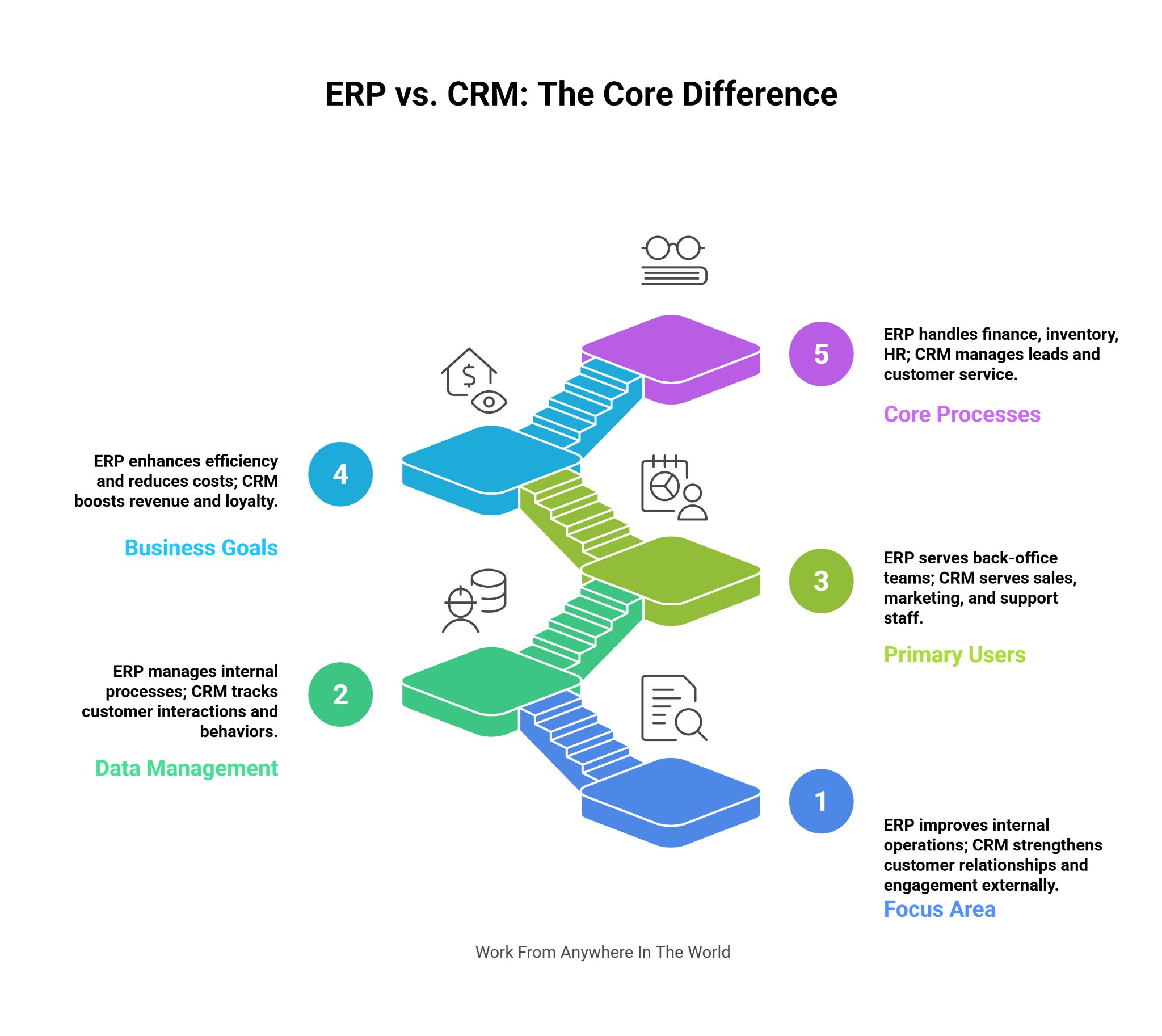
6. Implementation Scale
ERP projects are usually large, complex, and require integration across multiple departments. They may take months or even years to fully implement, with training needed for staff across all levels.
CRM systems are easier to roll out and usually start with sales or marketing teams. A small business can implement a cloud-based CRM within days, while an ERP often demands higher investment, infrastructure, and customization.
This difference means ERP is better for bigger companies with complex needs, while both small and large businesses can adopt CRM. The scale of change often defines which system to choose first.
7. Decision-Making Impact
ERP drives decisions based on internal efficiency. It provides reports on expenses, productivity, and resource usage, helping leaders understand where money is being spent and how to improve processes.
For example, ERP can show how inventory shortages affect production. CRM drives decisions based on customer behaviour and market trends.
It offers insights into sales performance, customer preferences, and marketing results. For instance, CRM can show which campaign converts the most leads.
ERP helps managers decide how to run the company better internally, while CRM helps sales and marketing teams decide how to sell and serve more effectively.
Wealthy Affiliate – Mini Review (2025)
If you’ve ever thought about turning your blog, passion, or niche into an online business,
Wealthy Affiliate (WA) is one of the most beginner-friendly platforms I’ve used.
It combines step-by-step training, website hosting, SEO research tools,
and an active community all in one place.
What I like most: you can start free (no credit card needed),
explore lessons, test the tools, and connect with other entrepreneurs
before upgrading. WA isn’t a “get rich quick” scheme —
It’s a platform where success comes from consistent effort and applying what you learn.
8. Revenue vs Cost
ERP saves money by optimizing resources. It reduces manual errors, prevents duplication, and improves workflows across departments, resulting in lower operating costs.
CRM, on the other hand, makes money by boosting sales, building customer trust, and increasing lifetime value. ERP focuses on protecting profit margins by keeping expenses under control, while CRM focuses on driving top-line growth by generating new and repeat business.
Both have financial benefits, but from opposite sides. ERP improves profitability through cost control, while CRM improves profitability through revenue generation. Together, they provide a balanced approach to financial success for businesses.
9. Integration Needs
ERP systems typically integrate with payroll, accounting tools, procurement software, and manufacturing systems. They create a unified platform for operational management.
CRM systems integrate with email marketing platforms, e-commerce sites, customer support chat tools, and social media apps. This ensures that businesses never lose track of customer communication.
The difference lies in scope: ERP connects the tools that keep a business running internally, while CRM connects the tools that keep customers engaged externally.
Some companies use both, integrating ERP with CRM for complete visibility across back-office and front-office operations, ensuring a smooth flow of information everywhere.
10. Best Fit Businesses
ERP fits manufacturers, wholesalers, distributors, and large enterprises that need detailed control over supply chains, finance, and HR. It’s ideal for businesses dealing with complex operations that require efficiency.
CRM fits sales-driven and customer-focused businesses like retail, real estate, e-commerce, and hospitality. It’s perfect for companies that thrive on relationships and repeat business.
Small businesses often begin with CRM to grow sales quickly, while larger companies rely on ERP to manage complexity.
The choice depends on size, industry, and goals. In some cases, the best strategy is to adopt ERP and CRM together for maximum impact.
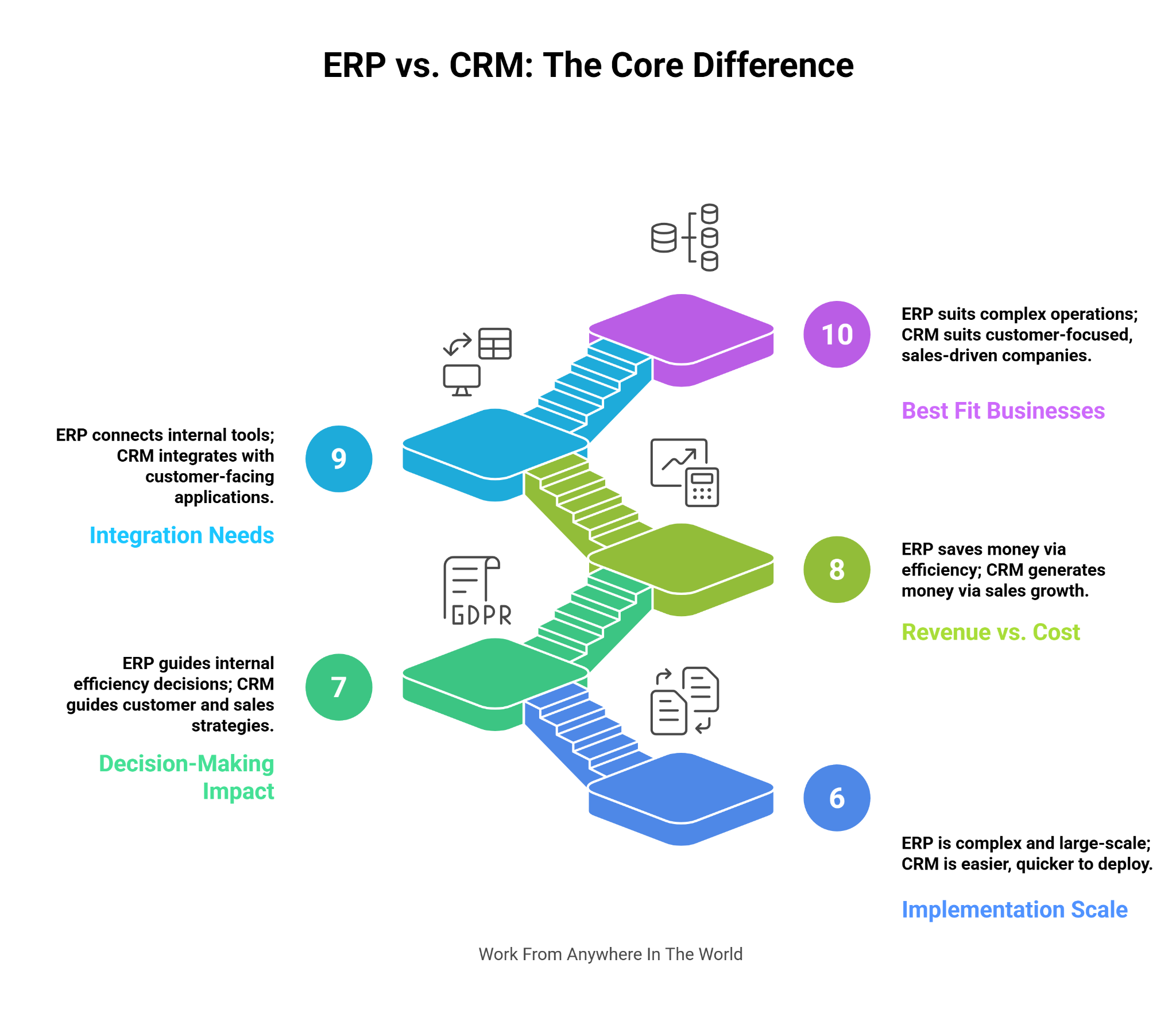
When To Choose ERP
ERP streamlines internal business processes like finance, HR, and supply chain management. Improving efficiency and reducing errors helps companies cut operational costs and optimize resource allocation effectively.
1. Complex Supply Chain Management
If your business manages a complex supply chain with multiple suppliers, warehouses, and distribution channels, ERP is the better choice. It centralizes inventory, tracks shipments, and ensures timely procurement.
Without ERP, supply chain data often lives in silos, making it difficult to track performance or anticipate shortages. ERP also supports demand forecasting, which is crucial for avoiding overstock or stockouts. This is especially important for manufacturers, wholesalers, and distributors handling large product volumes.
In this case, ERP streamlines the entire process, giving businesses a competitive advantage with smoother logistics, faster delivery, and reduced operational bottlenecks across the supply chain.
2. Large Workforce And HR Needs
When a company has hundreds or thousands of employees, managing payroll, benefits, recruitment, and compliance becomes overwhelming without a centralized system.
ERP offers human resource management modules that automate payroll, track attendance, and streamline recruitment. It also supports performance monitoring and ensures compliance with labour regulations.
This makes ERP especially valuable for industries like construction, healthcare, and education that employ large teams. A CRM system would not be helpful here because it doesn’t handle employee-related tasks.
ERP guarantees that workforce management remains effective, allowing HR personnel to concentrate on strategy instead of tedious administrative tasks.
3. Financial And Accounting Complexity
If your business struggles with scattered financial data across multiple departments, ERP is the right fit. ERP provides a single system for managing general ledgers, budgets, expense tracking, and financial reporting.
This avoids expensive mistakes brought on by conflicting data and guarantees adherence to tax laws.
Large enterprises, multinational corporations, and businesses operating in highly regulated industries benefit most from ERP’s financial management features.
For example, ERP can consolidate accounts across subsidiaries, simplifying audits and reporting. CRM systems don’t offer this depth of financial control. Choosing ERP ensures accurate numbers, timely insights, and improved financial transparency across the business.
4. Manufacturing And Production
For companies that produce goods, ERP is essential. It oversees the procurement of raw materials, scheduling of production, and delivery of the finished product.
ERP systems help track resources, monitor machine performance, and reduce production downtime. For manufacturers, efficiency and cost control are critical, and ERP provides the tools needed to optimize every step.
For example, ERP can forecast material requirements based on sales demand, preventing overproduction or shortages. A CRM system would not help here since it focuses on customers rather than production.
ERP ensures smooth operations, cost savings, and better-quality control in manufacturing and production environments.
5. Multi-Departmental Coordination
Businesses with many departments—finance, HR, logistics, production, and sales—often face difficulties coordinating data and processes. ERP solves this problem by acting as a central hub where all information is stored and shared.
Instead of each department working with separate tools, ERP integrates them for a single source of truth. This eliminates communication gaps and prevents duplication.
For example, when the sales department enters a large order, ERP automatically updates inventory, production schedules, and finance records.
Without ERP, such synchronization requires manual work, often leading to errors. For companies with cross-departmental operations, ERP ensures everyone works on the same page.
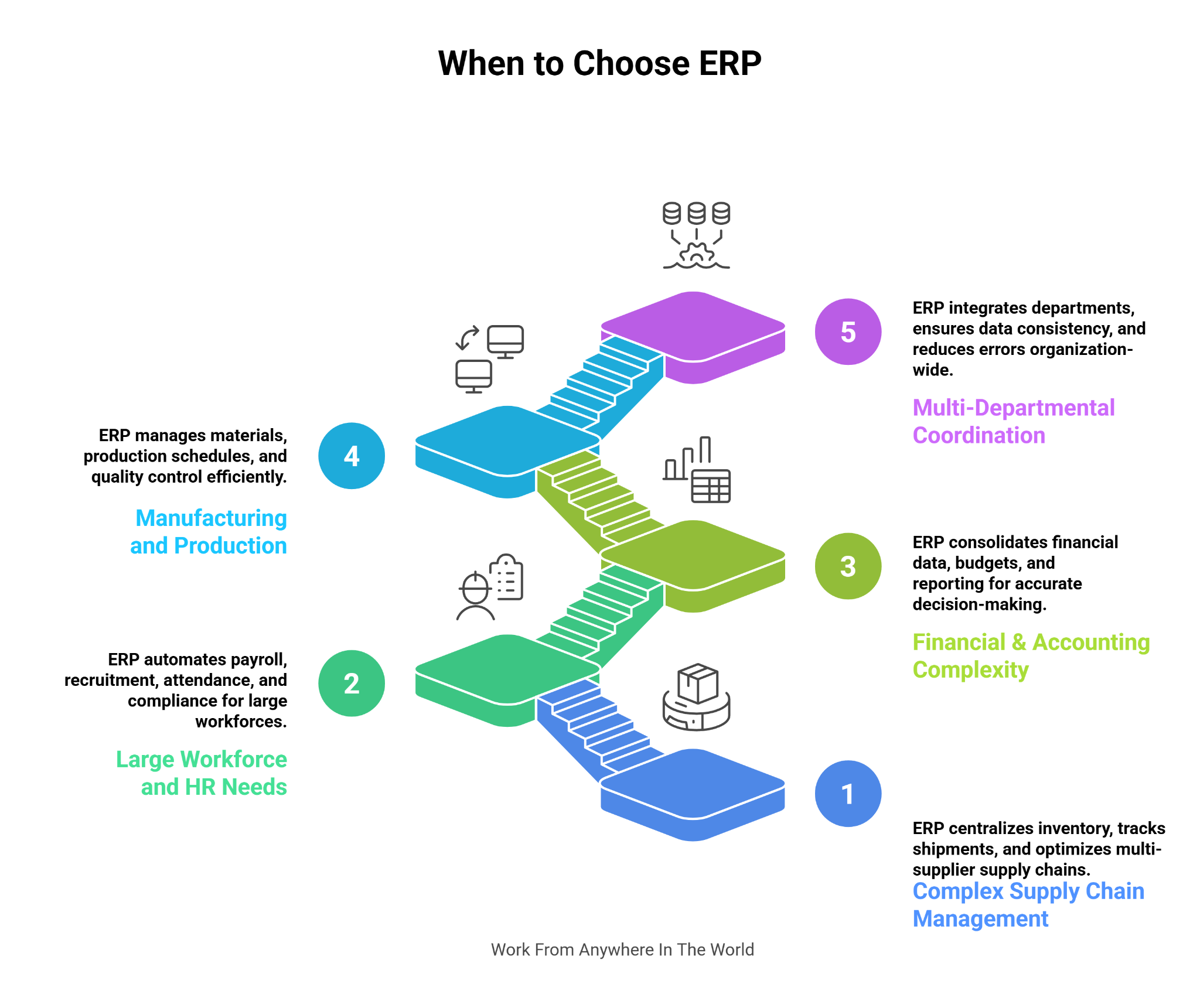
When To Choose CRM
CRM manages customer relationships, sales, and marketing interactions. Businesses may deliberately expand their client base and boost income by enhancing customer engagement, loyalty, and lead conversion.
1. Sales Growth Focus
If your business’s primary goal is to grow sales, CRM is the best tool. It helps manage leads, track prospects, and ensure no opportunity is missed.
CRM systems allow sales teams to see where each customer is in the buying journey and take the right action at the right time. Automated reminders, lead scoring, and pipeline visualization make the process more efficient.
This is especially valuable for small businesses, startups, and companies in highly competitive industries where customer acquisition is the main priority. ERP won’t help much here, but CRM ensures steady sales growth and higher conversion rates.
2. Customer Service Excellence
For companies that thrive on repeat customers and strong relationships, CRM is essential. It tracks customer interactions, preferences, and purchase history, enabling personalized communication.
Customer service teams can quickly access past records to resolve issues faster, creating a smoother customer experience.
In industries like retail, hospitality, and real estate, providing excellent service can make or break a business. CRM systems also integrate with live chat, email, and call centers to streamline support.
ERP can’t offer this level of customer-facing detail. When customer satisfaction is a top priority, CRM becomes the system that ensures loyalty and long-term retention.
3. Marketing And Campaign Management
When a business invests heavily in marketing, CRM provides the insights needed to maximize ROI. It helps segment audiences, automate campaigns, and measure results in real time.
For example, CRM can show which customers respond best to email offers, enabling businesses to target similar audiences more effectively.
This personalization improves conversion rates and reduces wasted advertising spend. CRM also integrates with social media and ad platforms, offering a complete view of customer engagement.
ERP doesn’t handle these functions, as its focus is internal. Businesses with aggressive marketing strategies will benefit most from CRM’s campaign management tools and analytics.
4. Small Business Expansion
Small and mid-sized businesses often start with limited resources, so they need cost-effective tools to grow. CRM offers cloud-based solutions that are affordable, easy to implement, and scalable as the business expands.
A CRM helps small businesses track prospects, organize contacts, and build relationships without needing a big team. For example, a local travel agency can use CRM to follow up with past clients and offer new deals, leading to repeat bookings.
ERP systems are often too complex and expensive at this stage. CRM gives small businesses a strong customer base before they later adopt ERP for efficiency.
5. Relationship-Driven Industries
Specific industries rely almost entirely on personal relationships. Real estate, consulting, healthcare, and B2B services all benefit heavily from CRM because building trust and staying connected is key.
In real estate, for example, an agent needs to track every client’s preferences and follow up at the right time. A CRM ensures no opportunity is missed and builds a history of interactions for long-term trust.
ERP cannot deliver this type of external focus, as it handles internal workflows instead. For industries where the customer relationship is the product itself, CRM is a must-have system for success and growth.
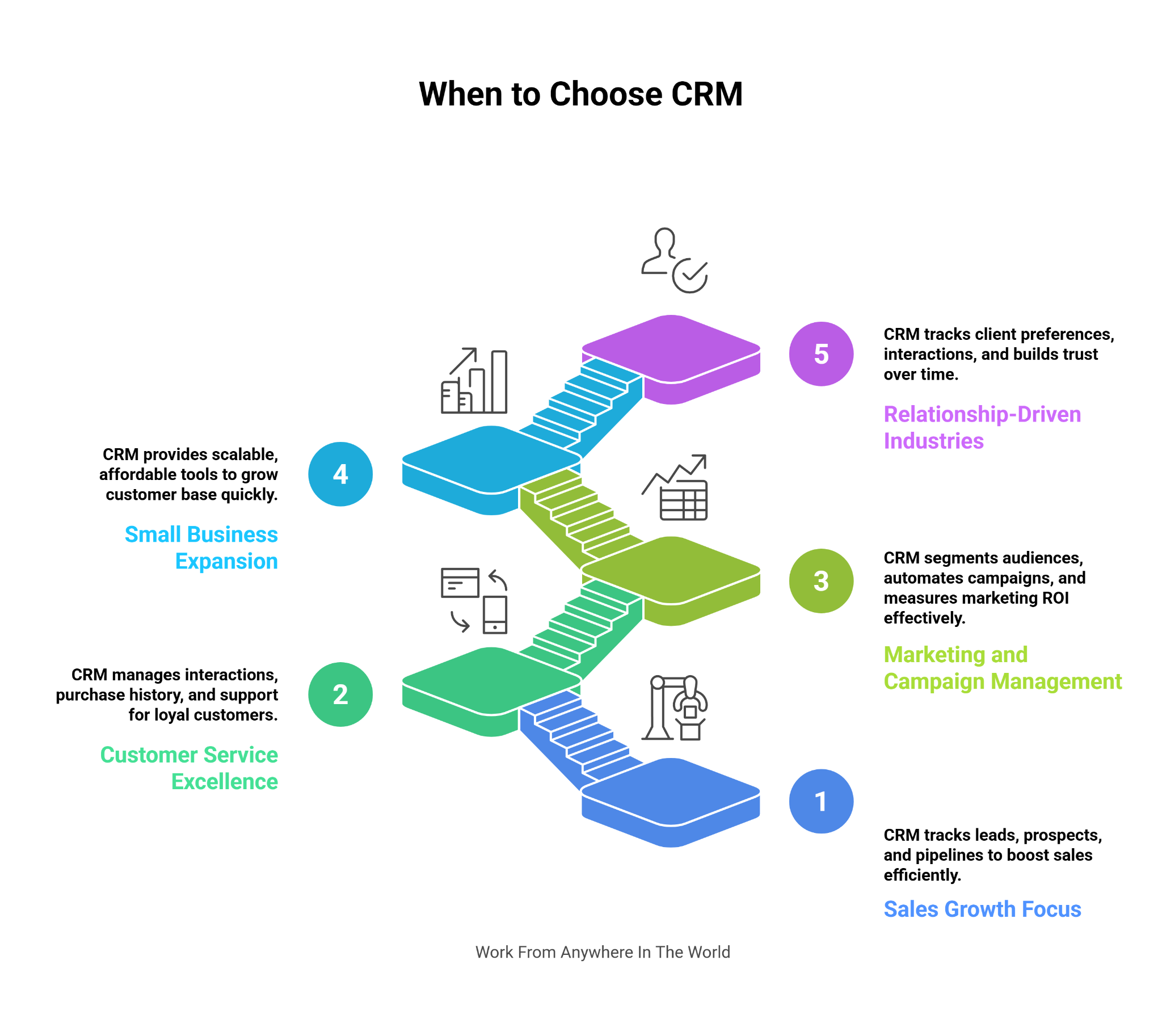
FAQs
Can A Business Use ERP And CRM Together?
Yes, many companies integrate ERP and CRM to streamline both internal operations and customer-facing processes for maximum efficiency.
Which System Is More Suitable For Small Businesses?
Small businesses often start with a CRM to manage sales and customer relationships, then expand to ERP as operations grow.
Conclusion
Choosing between ERP vs CRM doesn’t have to be complicated. Understanding their unique benefits helps you select the system that aligns with your business goals.
Whether you need streamlined operations, better customer management, or both, the right solution can drive growth, efficiency, and long-term success.
Evaluate your needs carefully, implement wisely, and watch your business thrive with the tools designed to empower every aspect of your operations.
I trust you enjoyed this article on Wholesaler vs Manufacturer: Strategies To Maximize Profits. Please stay tuned for more insightful blogs on affiliate marketing, online business, and working from anywhere in the world.
Take care!
— JeannetteZ
💬 Your Opinion Is Important To Me
Do you have thoughts, ideas, or questions? I’d love to hear from you. Please leave your comments below or email me directly at Jeannette@WorkFromAnywhereInTheWorld.com.
🌍 More World Reads
🚀 Ready To Build Your Own Online Business?
You’ve read the review — now it’s your turn to take action.
Learn how to create a thriving online business step-by-step, or dive straight into free training today.
Disclosure
This post may contain affiliate links. As an Amazon Associate and participant in other affiliate programs, I earn from qualifying purchases at no extra cost to you. Please read my full affiliate disclosure.


